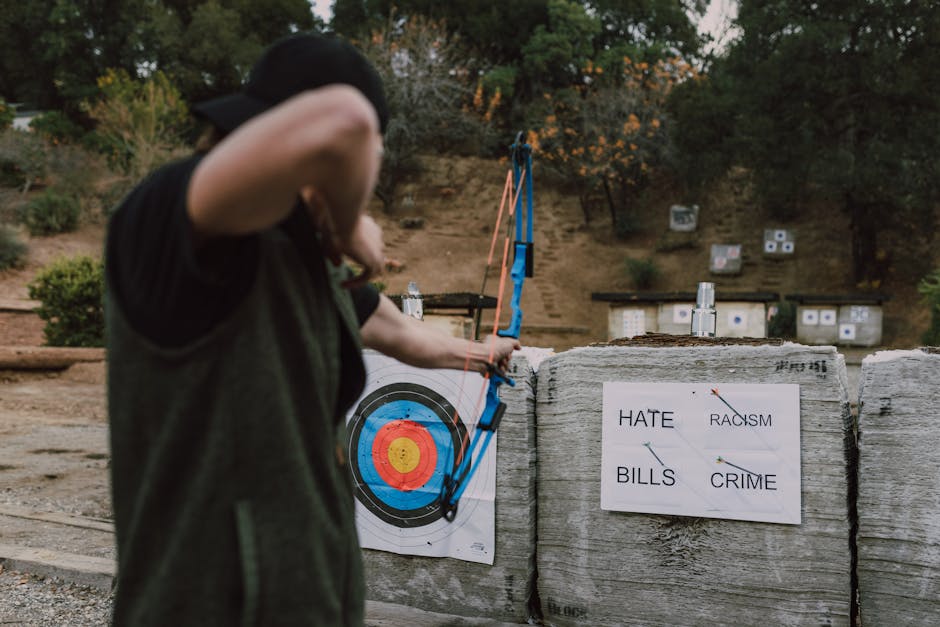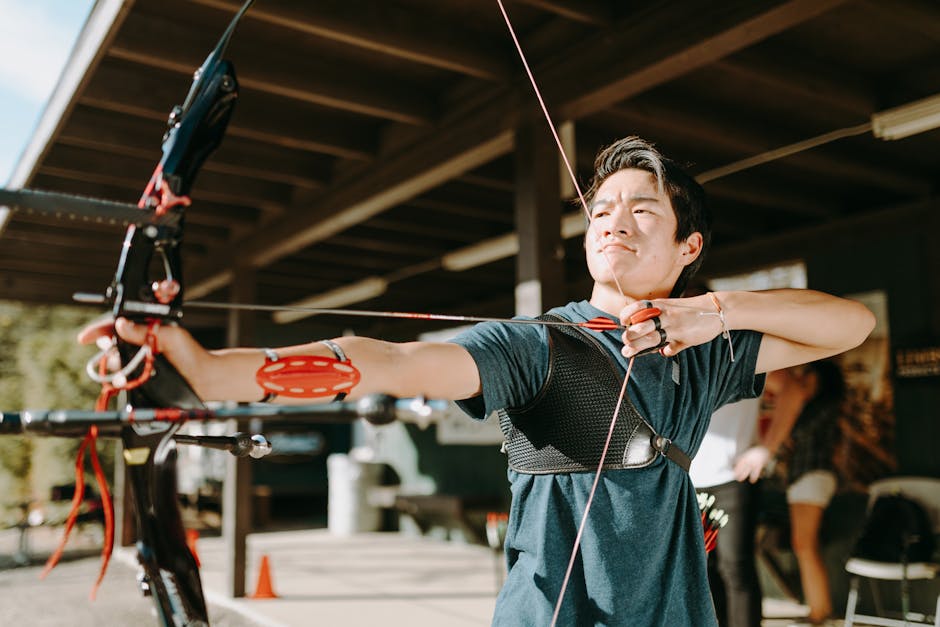
Backlinks from other websites (also called referring domains) are a major component of your backlink profile and help to increase its authority, diversity, and page rank.
Backlink counts may comprise numerous references from the same site, as well as numerous references from different domains. In general, referring domains will link back to your site if the content you've provided is authoritative or helpful to them. That's the holy grail of link building: original, shareable material that other sites will want to connect to.
Backlinks are a form of endorsement from other sites that point to material on your domain. And they are of two types dofollow backlinks and no follow backlinks.

That can lead visitors to click through from your site to another, probably a much more popular publisher than you who wants to promote their book.
Many people think that backlinks are some mysterious thing that happen under the hood in Google or Bing search results.
But blogs, websites, social media, and other forms of online publishing are still important channels for promoting books.
Make it easy for readers to find your work by adding a link to your website in any way possible.
Links also help when embedded in social media posts and tags; be generous with your comments, and add links which invite reader interaction.

Backlinks are other sites that link to yours, which is why they’re important. If another site links to you, then more people will see the name of your website and decide if it’s worth their time to visit.
You may be wondering what is a dofollow link? Unfortunately, Google isn’t very good at evaluating domains based on “trust”. Instead, backlink rankings only tell you that there was probably something interesting about this domain.
Google understands that websites don’t become popular because of any one quality – it’s always several things working together – but bad backlinks can weaken all those qualities!
Consider investing in backlinks either as an individual or organization trying to strengthen your web presence.
Manageback offers two ways to use backlinks for clients:
1) We evaluate each client's existing backlinks and recommend new ones to improve their ranking
2) For highly targeted backlinks (such as product reviews), we review templates to make sure the author writes a sufficiently positive review.
For both services, please contact us via email or phone to discuss how we can help your business with our high-quality backlinks.

That is, there are pages hosted on other sites that link to your web page containing information about your business, services or products.
Your website may be featured in a free newspaper distributed throughout cities and towns near you. You can also submit screenshots of your site to be used as back links.
But most likely, you have friends and family members who run blogs. These people typically share reviews of your product line and sometimes even upload their recipes so they can be tested by you and then published online.

Search engines use backlinks, or in other words links to your website from other websites, to discover what types of content you have.
When another site mentions yours in passing, that’s called citation (you can see these in Google News).
If others connect to your material on their own accord, then it is by followed links (also known as no-follow buttons)_.
Consequently, the more sites that link to your articles, the easier it becomes for them to find exposure. This is why backlinks are such a powerful tool for marketing yourself online.
There are several reasons blogs should care about backlinks. First and most obviously, good backlinks can boost web traffic and improve keyword rankings. That means more people will visit your page when they know someone else has recommended it.
Second and not quite as easily measured, quality backlinks serve as endorsements to further your brand and position you as an expert. People who already know you and your work will recognize that others think highly of you and your skills.
Endorsements make a difference. According to a study published in the journal Marketing Psychology, products with the word “genuine” in the title received twice as much interest as those without it.
Finally, good backlinks can be indicative of a healthy community around your topic. If many notable people are linking to your article, this may be an indicator that your niche is growing

More and more often, people refer to backlinks as ‘seo links’ because of the popularity of using branded phrases such as “SEO benefits” or “SEO advice for bloggers.”
However, backlinks are much more than that. Backlink information is what tells you where your web traffic is coming from, also known as domain authority (DA), page rank (PR), and influence, to name a few.
These numbers indicate how trustworthy the source is. The higher the number, the more trusted the site. These days, with thousands of sites linking to others, it’s very difficult to get high pr.
But if one spot has an article with multiple links to other sites, that can help reduce the damage caused by trying to climb the ladder alone.
It works like this: there’s a top site – let’s say wikipedia.org – which is a good example of a highly authoritative site built around a set of corporate policies called the central policy page (cp).
The cp includes administrative and procedural guidelines, along with tips on content creation and editing.
Every site member gets their own individual copy of the cp, but they all contribute to the general wiki content pool. Each modification to the cp goes into that single copy, and then shows up in each user’s personal version of it.
Other documents located elsewhere

That is, they highlight what you have been doing in order to get people’s attention and show them how awesome you are.
Backlinking is linking other resources to yours for the benefit of readers.
These links can be from websites or online publications, blogs, articles, books, etc.
They can be topical links, like focusing on current events or hot topics; or it can be about pointing out things that are happening in their area of expertise.
Either way, backlinks are valuable because they help define who you are through your stories and providing relevant information for people to want to learn more about you.
When you link to someone else, you are telling a story. You are introducing viewers to new characters with different stories and plots than theirs.
You are highlighting something unique about one character to draw viewers in. Paying homage to another author (through referencing their work and including an implicit mention) helps establish yourself as a writer within the literary community, which could lead to success.

That is, you need to have other websites that have links to your website. When someone links to your web page, this is called an external link.
Most people prefer to use internal links for navigation within a website or between sites. However, there are hundreds of reasons why you might want to create external links.
Some common uses for external links include:
Introducing new products or services
Drawing in traffic
Writing articles sharing content with others
Selling items online
Linked lists of resources

More relevant content, keyword-rich links from other relevant sites and good grammar all help Google see that your site is quality work.
Backlinks are web pages that refer to your own page. You may have friends or family members who like your writing or photos of you climbing or mountain biking.
You can give backlinks for free, but it’s more fun if you attach your own hashtag and photo watermark. Then people can find your link online by searching Facebook, Twitter, or even Pinterest.
If you need inspiration, there’s a copy of an old blog post with backlinks at www.climbinghealthiestway.com/backlinks.
That’s because you don’t promote yourself or your website.
Backlinks are other websites that mention your brand, either by linking to it or saying something good about it. People who publish backlinks probably believe in what you do and want to support you!
Finding ways to earn backlinks is one of the most important things you can do for your business website, since they are so valuable.
But how do you go about getting backlinks? You need to invest time into that. You will have to work with others to add value to their site and hope that they notice you and your product/service and choose to link to them.
It’s difficult to gain backlinks without making an effort. Once you make the effort, however, the results can be huge.